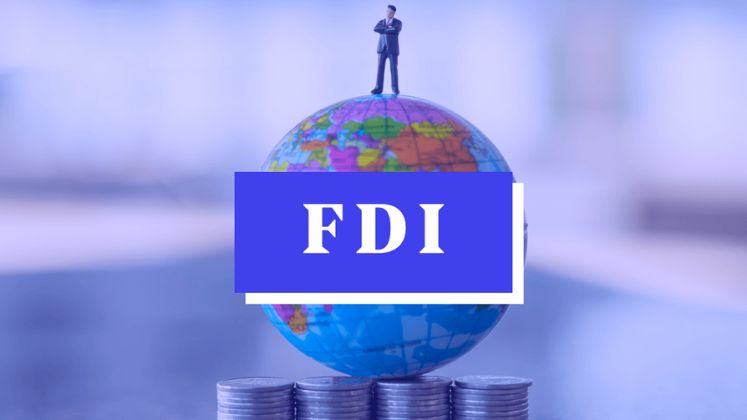
Bangladesh is intensifying its push to attract foreign direct investment (FDI) by implementing comprehensive reforms, stabilizing its macroeconomic environment, and introducing targeted incentives, according to officials and industry experts.
During the third session of the State of Investment Climate webinar hosted by the Bangladesh Investment Development Authority (Bida), industry leaders, policymakers, and international development partners discussed strategies to make Bangladesh a more attractive destination for foreign investors. Bida’s Executive Chairman, Chowdhury Ashik Mahmud Bin Harun, emphasized that increasing FDI should become a central pillar of the country’s economic development plans.
“The FDI-to-GDP ratio has been underwhelming historically. We recognize the need for change and are actively working to shift the narrative,” Chowdhury stated. He pointed out that despite challenges posed by global uncertainty and political transitions in late 2024, FDI inflows have stabilized, with early indicators from the first quarter of 2025 showing positive signs of growth.
A key factor underpinning this optimism is the easing of inflation, which has fallen from double-digit levels to single digits in recent months. According to the International Monetary Fund, inflation is expected to hover around 5 percent by early next year. This decline is enabling the government to consider reducing policy interest rates, thereby making credit more accessible and investment more attractive.
To further incentivize foreign investment, Bangladesh is preparing a diaspora-focused FDI scheme that will reward non-resident Bangladeshis who facilitate foreign investments, similar to existing remittance incentives. Additionally, a national strategy for establishing free trade zones is under development, with international experts helping to shape the framework. The government aims to have meaningful progress on this front by the end of 2025.
One of the significant institutional reforms underway involves consolidating the multiple investment promotion agencies operating in Bangladesh, currently numbering between five and seven, into a single, streamlined platform. Chowdhury highlighted that this move aims to reduce confusion among investors and improve the overall investment climate. Complementing this, the government is launching a “relationship manager” model within Bida, deploying professionals from the private sector to assist investors in navigating regulatory and bureaucratic processes.
Commerce Adviser Sk Bashir Uddin, speaking virtually at the event, also highlighted ongoing initiatives to bolster trade and investment. He outlined efforts to maintain Bangladesh’s Most Favoured Nation status amid concerns over potential US tariffs, as well as measures to enhance logistics capacity by developing transshipment facilities at Sylhet and Cox’s Bazar airports for cargo handling.
Bashir also emphasised liberalization of civil aviation regulations, support for domestic tourism, and improvements in e-commerce infrastructure, including enabling international payment gateways while safeguarding consumer rights. Infrastructure investments in roads, energy, and transport, such as new LNG terminals and captive power plants, are also underway to address supply challenges.
On export diversification, Bashir stressed the importance of moving beyond the garment sector, which employs around 40 million people. Initiatives include leasing unused jute mills and modernizing trade bodies to support small and medium enterprises.
Concluding his address, Bashir called on global investors to view Bangladesh as a promising destination for business, citing the country’s resilient workforce and growing market as key opportunities.
With these reforms and strategic initiatives, Bangladesh aims to position itself as a competitive industrial hub, inviting increased foreign investment to drive economic growth and industrial diversification.






